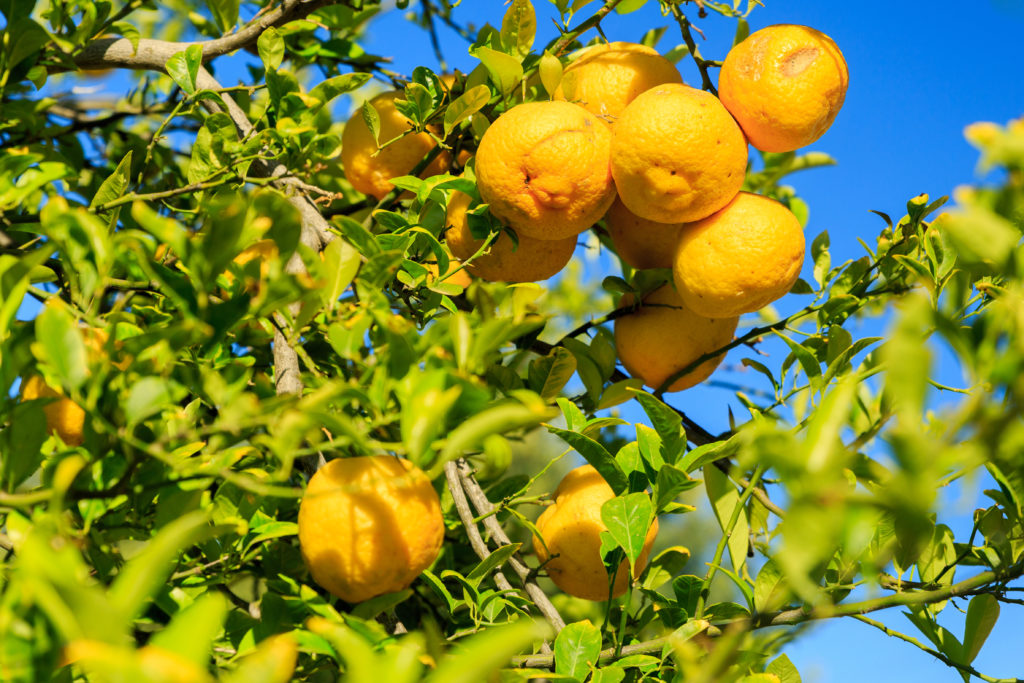
The more that food waste in the supply chain can be reduced, the better it is for everyone connected with the industry. And one positive development recently has been supermarket giant Asda’s decision to sell ‘wonky’ fruit and vegetable boxes in its stores.
After a trial which proved very successful with the public, Asda has committed to making the selection box of ‘imperfect’ fruit and vegetables a permanent initiative. The positive reaction means four times the amount of wonky produce will be sold, resulting in at least 500 more tonnes of waste produce being taken from farmers and producers by the end of 2016.
By providing consumers with the choice of ‘perfect’ and ‘imperfect’ vegetables, Asda has been able to watch customers vote with their wallets when it comes to purchasing wonky fruit and vegetables. This means they can now commit to putting 10,000 boxes in to 550 stores, at least once a month.
Ian Harrison, Asda’s produce quality director, said: “We’ve been absolutely overwhelmed by the response to our wonky vegetable box and think it shows just how conscious our customers are of food waste, particularly in the produce aisle. We knew from our initial research that customers aren’t fazed by the odd knobble here or a bruise there and like the fact that our wonky range is a little bit cheaper, but including this ‘crooked’ veg in a mixed box format has helped customers save even more money and plan meals for the family for the whole week, ensuring nothing is thrown away, even when it’s taken out of the supermarket aisle.
“We’re extremely excited to be able to bring the wonky veg box to even more people across the UK and in turn, further support our growers to ensure we’re buying as much of their crop as possible.”
In addition to the wonky veg box, Asda has also been consistently reviewing its standards around size, shape and cosmetic standards, focusing on reviewing specifications across all fruit and vegetables to ensure even more product ends up on shelves. The retailer has already announced that 340 more tonnes of carrots and 300 more tonnes of sweet potatoes have been sold on shelf as a result of this initiative, but revised requirements around tomatoes, grapes, citrus and white potatoes now mean that a further 3,000 tonnes of fresh produce will be sold on shelves this year alone. Ian Harrison said: “The differences mostly won’t even be noticeable to customers, but the waste saving to our growers will be huge.”
Let’s hope other supermarkets follow suit. If farmers and wholesalers are able to sell more of their produce to the supermarkets despite minor blemishes, it will reduce waste and help to alleviate a little of the pressure in these economically challenging times.
